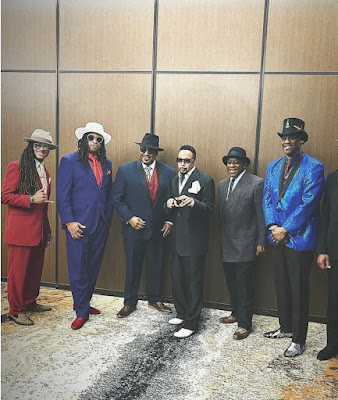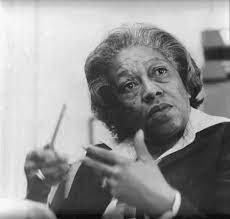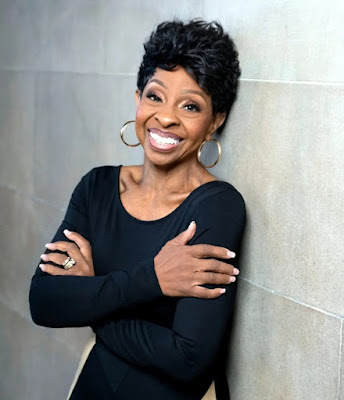March 7, 2023 Pharmacy
A quick trip to the drugstore sounds like a typically mundane shopping adventure we all have taken from time to time. Unfortunately, for Black Americans, especially during America’s Jim Crow segregation era, a trip to the pharmacy for prescriptions or other family needs was a more difficult endeavor.
For one, they could not just walk into any random drugstore during segregation because of potentially running afoul of bigoted attitudes within the community, of the owner, or of other customers. Secondly, the actual number of drugstores that served African-Americans was limited due to segregation laws and/or policies. This often meant needing to travel much longer distances. In rural areas, this may have meant there being no local resource(s) for prescriptions, while in urban areas it meant delays in receiving needed medications. Beyond the time and inconvenience, such disparities put the health and lives of many African-American needlessly at risk.
“Black Americans continue to face persistent health care disparities. Compared with their white counterparts, black men and women are more likely to die of heart disease, stroke, cancer, asthma, influenza, pneumonia, diabetes and AIDS, according to the Office of Minority Health.” SOURCE: khn.org
As retailing trends have changed over the years and large chains now dominate the landscape, many locally owned drugstores have closed. Unfortunately, this has not only led to the loss of the physical structures that were occupied by historic Black-owned pharmacies, but with time, the gradual loss of their oral and written histories, as well.
While writing this post, it was troubling to discover how little information is attainable online about the contributions made by black-owned pharmacies to the communities they served. Many became neighborhood or community gathering places (third places), particularly in the day when drugstores included a soda fountain, ice cream counter, or a luncheonette (see photo below). Additionally, the professional pharmacists who owned and operated these businesses became visible leaders in the community, as well as positive role models.
.jpeg)




Comments
Post a Comment